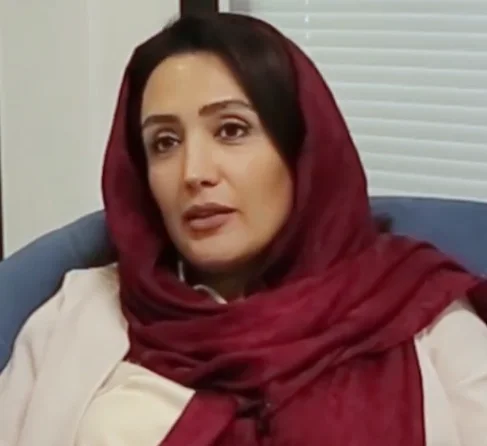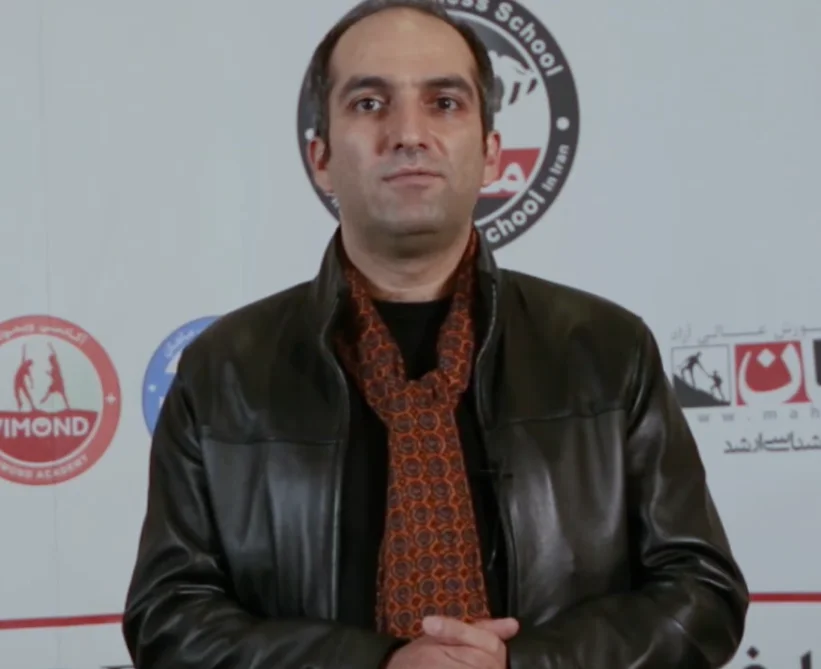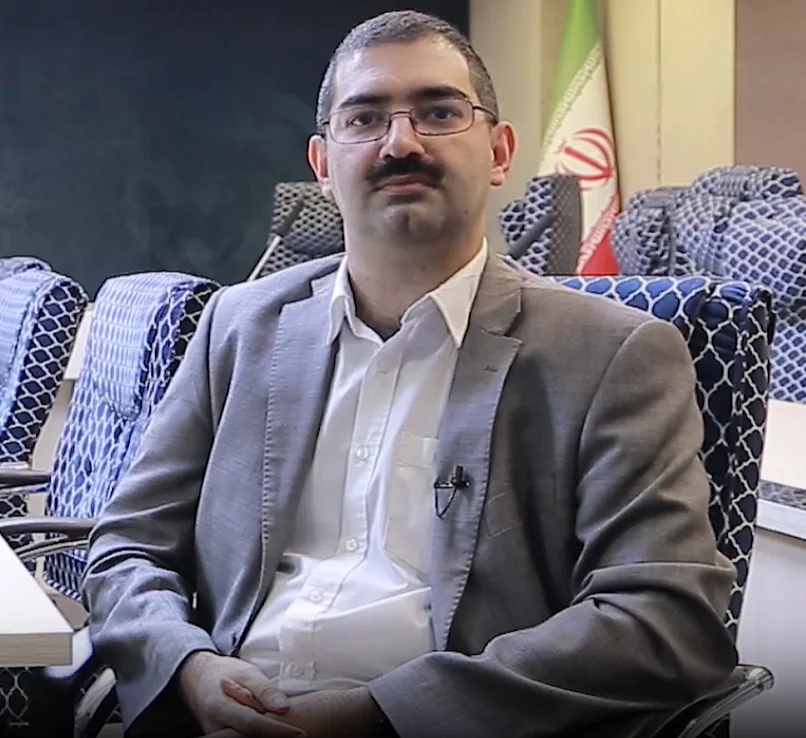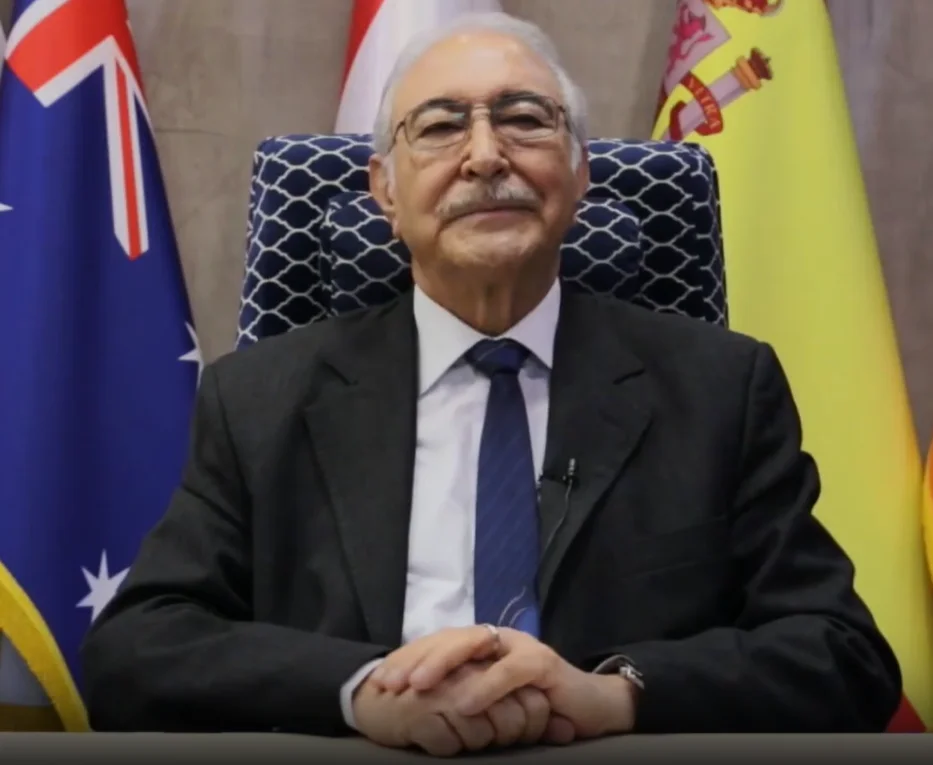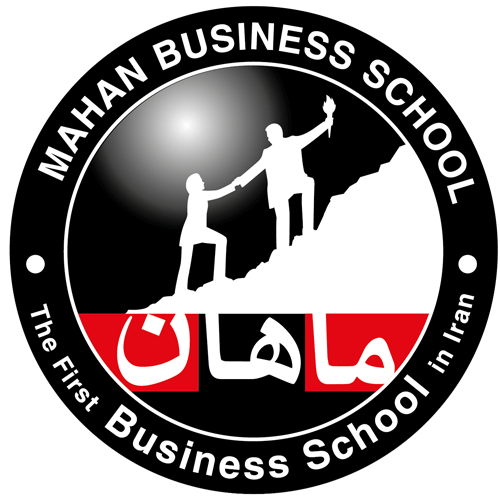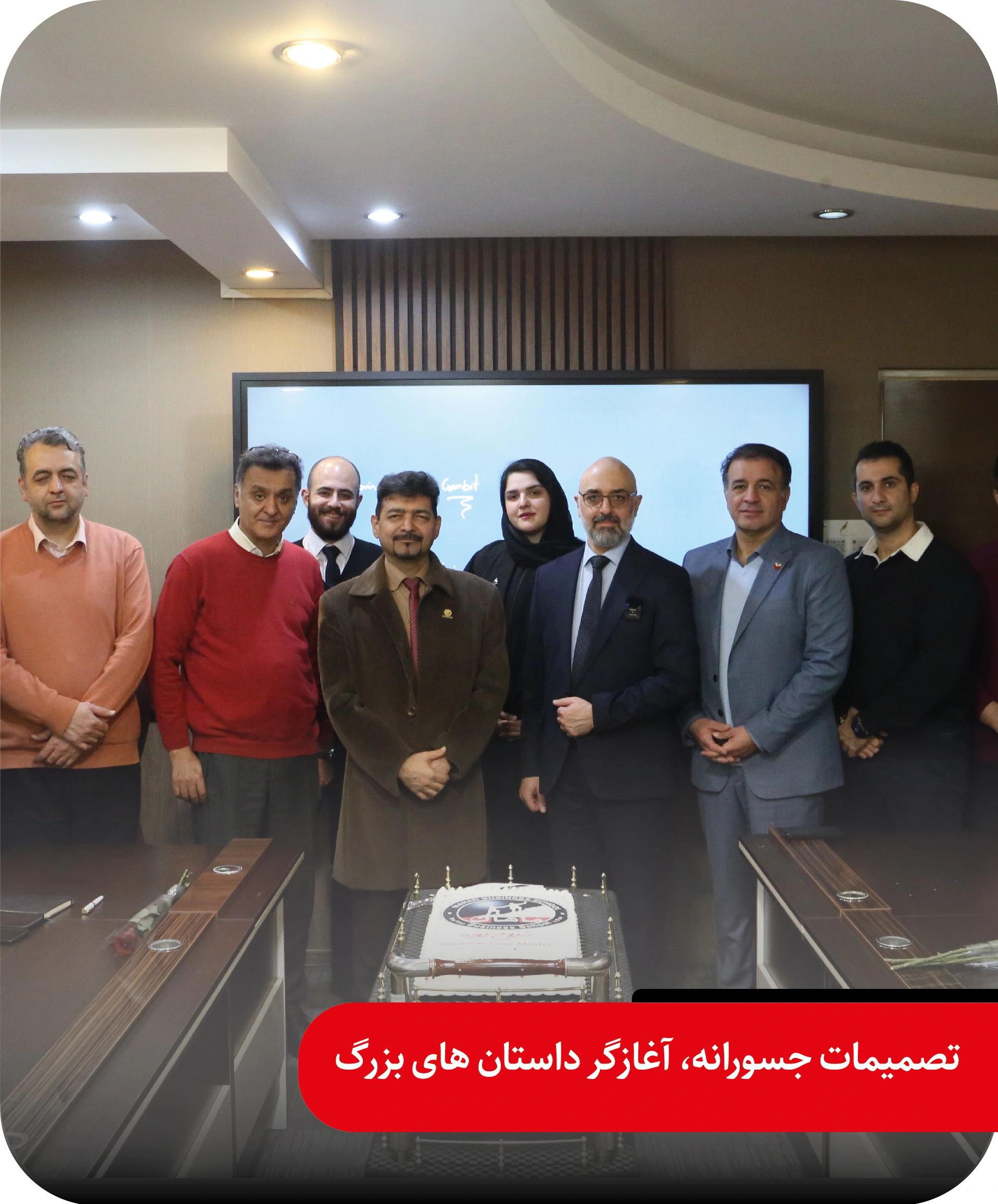
Business Case Master Course (In-person - Online)
Mahan’s Business Case Master Course, established in 2022, is part of Mahan Business School. It aims to provide practical and transformative education based on a standardized and global case method approach. In this innovative approach, by carefully analyzing real cases from top universities worldwide, such as Harvard Business School, participants gain practical knowledge and executive skills.
Why learn through case studies?
Management is not just theory; it is the art of decision-making in complex situations. Studying cases teaches this art in a practical and inspiring way.
Advantages of Learning Through Case Studies
The advantages of the case study course include the following:
- Familiarity with real issues: Cases expose you to the challenges and opportunities of the real world.
- In-depth analysis: Learning precise and professional methods for analyzing complex issues.
- Strengthening decision-making skills: Experiencing decision-making in situations similar to those faced by global managers.
- Inspiration from successful experiences: Understanding decisions that have changed the path of leading companies.
- Practical skills: Learning applicable management techniques and tools.
- Preparation for challenges: Gaining knowledge and experience to confront real issues.
- Personal and professional growth: Developing strategic thinking and problem-solving abilities.
- Professional networking: Joining a community of managers, consultants, and experts.
- Special program: Utilizing reputable global educational resources, such as Harvard cases.
This learning method goes beyond memorizing formulas and theories and leads to a practical understanding of management concepts.
Learning Objectives of the Course
The Business Case Master course is designed with the following objectives:
- Developing strategic thinking: The ability to design and implement strategic solutions for real-world problems.
- Professional analysis: Learning techniques for data and information analysis to support decision-making.
- Enhancing key skills: Marketing, sales, negotiation, human resources, and strategy.
- Smart decision-making: Gaining the ability to quickly and accurately evaluate options to choose the best one.
- Professional networking: Building connections with managers, experts, and like-minded individuals.
- Preparing for future challenges: Familiarity with crises and opportunities in the business world.
Introduction to Case Studies Reviewed
Case Title: Fasten Fasten: Challenging Uber and Lyft with a New Business Model
Field: Operations Management – Business Model
Facilitator: Reza Kord
Educational Objectives of the Case:
- Explain network effects, network clustering, economies of scale, and multi-homing in determining market dynamics in a platform-based market.
- Enable students to discuss appropriate company strategies to alter the power of network effects and multi-homing tendencies to steer market dynamics in their favor.
- Allow students to evaluate how a traditional industry is transformed through digital innovations such as mobile technology and autonomous vehicles, and examine the impact of these innovations on existing industry players.
Case Title: Ferrari's Lifestyle Gambit: Balancing Exclusivity and Accessibility
Field: Marketing
Facilitator: Reza Kord
After studying and discussing this case, students should be able to:
- Analyze the strategic reasons for lifestyle expansion through product diversification and experiential initiatives.
- Examine the organizational implications of a major strategic shift, such as Ferrari's move into the lifestyle segment, including cultural challenges and the importance of cross-functional collaboration.
- Understand the role of customer segmentation and marketing mix in creating targeted offers and experiences for different customer segments.
- Evaluate the effectiveness of Ferrari's customer segmentation strategy and identify potential challenges and considerations in serving multiple segments.
- Discuss the importance of metrics beyond financial performance for measuring the success of a lifestyle brand extension strategy, such as brand perception, customer loyalty, and brand equity.
- Provide recommendations for Ferrari's lifestyle division to improve strategy, increase customer engagement, and solidify market position in the luxury sector.
Case Title: Philips versus Matsushita: The Competitive Battle Continues
Field: Strategy
Facilitator: Yaser Ehsan
Educational Objectives of the Case:
The educational objectives of this case are:
- Examine the strong relationship between a company’s organizational capabilities and its core strategic competencies.
- Explain the power of "Administrative Heritage":
Deeply embedded structures, processes, norms, and methods derived from national culture, the company’s historical development period, leadership tendencies, and more.
- Investigate how this heritage can act as a source of strength for creating competitive advantage or as a barrier to adaptation.
- Demonstrate the necessity of extending competitive advantages beyond a dominant resource:
Building a set of strategic competencies, including the ability to simultaneously achieve global scale efficiency, national responsiveness, and worldwide learning capability.
- Explain how companies approach a model of organization operating as an integrated network:
A model that can develop and deliver multiple layers of competitive advantage (comparing Philips’ traditional multinational model with Matsushita’s centralized global model).
These objectives help students gain a deeper understanding of key issues related to international management, competitive strategy, organizational behavior, and general management.
Case Title: Coach Knight: The Will to Win
Field: Leadership and Human Resources
Facilitator: Yaser Ehsan
Educational Objectives of the Case:
This case helps students examine some of their most fundamental assumptions about leadership and human nature:
Are people essentially lazy or energetic?
What motivates people to perform at their best?
Is it better for leaders to be loved or feared?
What is the most effective leadership style?
By comparing two successful coaches with completely different leadership styles, students are encouraged to confront their core assumptions about motivation, leadership, and human nature.
Key issues addressed include:
The roots, scope, and consequences of a leader’s influence style.
The relationship between a leader’s personality and their leadership approach.
Personal assumptions about human nature.
Personal theories about motivation.
Alternative definitions of leadership effectiveness.
Case Title: Fiji versus Fiji: Negotiation Over Water
Field: Negotiation
Facilitator: Erfan Allahverdi
Source: Harvard Business School
Educational Objectives of the Case:
This case can be taught in MBA and executive courses on negotiation or conflict resolution to address one or more of the following issues:
- Negotiating over limited resources in multilateral negotiations
- Ethics in complex negotiations
- Building and maintaining trust in long-term negotiation relationships
- Analyzing negotiations and the positions of each party allows students to reflect on power, trust, strategic decisions, and ethics in negotiation and conflict resolution. The case facilitates deep discussions on three fundamental negotiation and conflict resolution topics often overlooked in negotiation courses:
- "Dirty Integration" or "Dirty Value Creation"
- A situation where value created by negotiating parties comes at the expense of others.
- More comprehensive discussions of these three topics can take place among students already familiar with basic negotiation concepts such as Best Alternative to a Negotiated Agreement (BATNA), reservation value, aspirations, Zone of Possible Agreement (ZOPA), and value claiming and creating strategies.
- If these topics have not yet been covered in the course, the instructor can analyze each party’s position and the difference between value claiming and value creating during the first part of the discussion. If the instructor prefers not to spend class time introducing these concepts and applying them to this case, students can study one of the following notes before class to learn about these concepts:
- Negotiation Analysis: An Introduction (HBS Note 801-156)
- Negotiation Analysis: Creating and Claiming Value (HBS Note 898-085)
Commercial Sales Transformation at Microsoft
Field: Sales
Facilitator: Erfan Allahverdi
Source: Harvard Business School
Educational Objectives of the Case:
After discussing this case, students should gain the following knowledge and outcomes:
- Challenges of implementing strategic sales transformation in a large sales organization
- Advantages and disadvantages of implementing an inside sales unit within a sales organization
- How to define appropriate metrics for success
- How to align sales management/strategy with overall corporate strategy
- How to change sales management tools for a successful transition from on-premise software sales to cloud-based solution sales
The instructors of this course are a combination of top professors from Mahan Graduate School of Business who have been trained to teach with the case method approach at Mahan Case School.
These instructors, with years of practical experience and teaching, will accompany you on your learning and transformation journey.
Reza Kard
Erfan Allahverdi
Yaser Ehsan
Minimum Requirements for Enrollment in the Business Case Master Course
-
Current student or graduate of Mahan Graduate School of Business
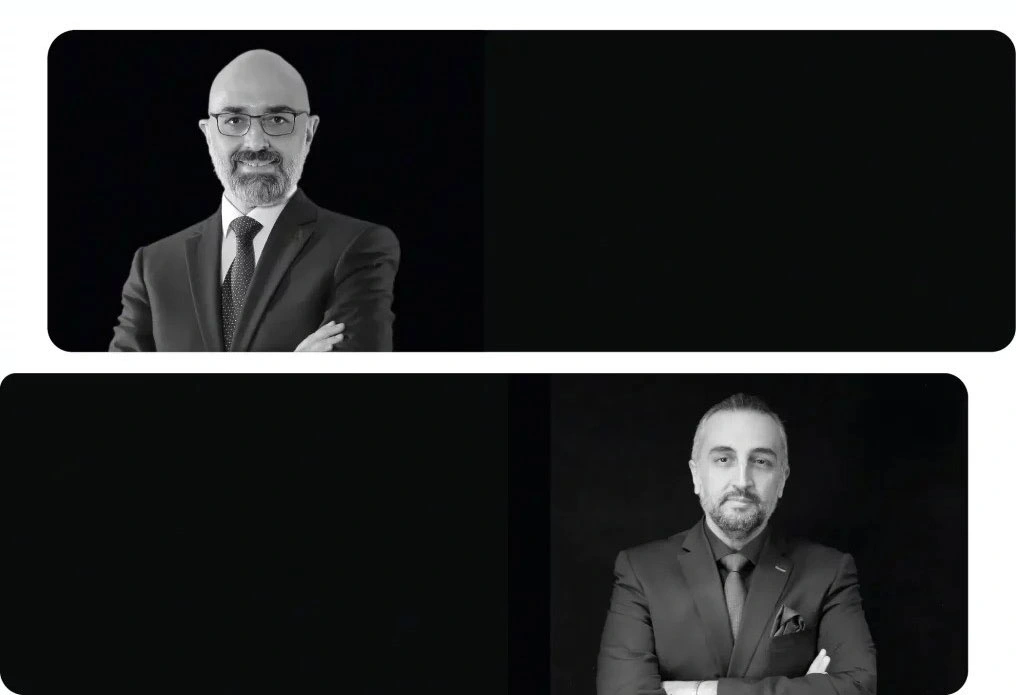
The Value-Creating Experience of Mahan's Distinguished Graduates
